
For the Love of Wine: 4 of the Best Destinations for a Wine Vacation
Can drinking wine help you live longer? Yes!
Studies show that drinking wine in moderation can reduce your risk of developing cardiovascular disease or having a heart attack. Wine also can boost your good cholesterol levels, while preventing bad cholesterols from damaging your arteries.
Of course, one of the best things about wine is the experience of drinking it. Drinking wine can be stimulating, educational, and romantic, all at the same time!
As a wine aficionado, you owe it to yourself to take a wine vacation. To help you pick the best spots to travel to, we’ve created a guide with 4 of the best wine destinations.
So take a peek! By the time you’re done reading this article, you’ll know about the hottest wine excursions worldwide.
1. Douro Valley in Portugal
At the top of our wine vacation list, we have Douro Valley in Portugal. Here you’ll be able to enjoy one of Europes oldest wine regions. There’s so much to do in Douro Valley that you’ll want to plan at least 3 days for your visit.
On day 1 we recommend swinging by the Casa de Mateus, a Baroque styled palace with stunning gardens. Next, live the life of luxury by checking into 1 of the 5 stars, full-service resorts the area has to offer. Full-service resorts in Douro valley offer activities like yoga, or guided forest hikes.
On day 2, it’s time to dive into the wine side of things with a delicious wine tour and tasting. The Douro uses most of its grapes for port wines, however, the Douro Boys are helping change that.
Comprised of 5 winemakers, the Douro Boys are famous for advancing the region’s white and red wine production. Let the afternoon slip into the evening as you lounge at one of their 2 wineries.
Whenever you see the word “Quinta” on a map, you can bet there’s a wine tasting opportunity available. Quinta is Portuguese for “a country estate in a wine-growing estate in Portugal”. Both Quinta do Crasto and Quinta do Vallado are wonderful wineries in the Douro that you have to try.
Finally, on day 3, it’s time to get out on the open waters. Hopping aboard an old wooden boat called a Pipadouro, you can travel down the river. Docking in PInhao, you’ll be able to taste wines from a Symington family vineyard called Quinta Bomfim.
2. Moldova in Eastern Europe
Moldova is the only country that celebrates a national wine day! The wineries in Moldova are spread out, so taking a wine tour is the easiest way to see the best spots.
For starters, you have to check out Chateau Vartely in the town of Orhei. Almost an hour north of Chisinau, Chateau Vartely has a traditional vineyard feel. On the wine tour, you’ll find that all of their facilities are modern, while their tasting rooms and restaurants sport a more traditional vibe.
To fully immerse yourself in the experience, we recommend staying at 1 of the onsite vacation homes. There’s a total of 4 on-site vacation homes to rent and each one represents a different wine region in Moldova.
After a day of exploring and activities, you’ll be happy to have somewhere to rest for what the next day will bring. If you aren’t familiar with the winemaking process, you’ll find the Chateau Vartely facility tour to be very informational. During the tour, you’ll also get to sample some of the best tasting wines in the entire country!
Leaving Chateau Vartely, Cricova should be the next stop on your Moldovan vacation. At Cricova you’ll be able to indulge in their famous sparkling wine.
Along with sparkling wines, you can also try wines made using a special method called “method campenoise”. Wines made using the special production method taste essentially like champagne, even though they technically aren’t.
Finally, you can conclude your Moldovan vacation by hopping over to Milestii Mici. Once in Milestii Mici, you’ll have access to 1 of the world’s largest wine collections.
How many bottles of wine do these famous cellars house? They house 1.5 million bottles of wine, and they add new vintage bottles each year!
3. Valle De Guadalupe Mexico
Another wine location worthy of at least a 3-day stay in the Valle de Guadalupe in Mexico. The area features over 75 different wineries, along with world-class dining opportunities.
Combining a wine vacation with a road trip, you can start excursion by traveling along the coast of Baja beach in California. There’s a scenic toll road along the coast that starts south of the San Ysidro border at Tijuana.
As you drive along the Baja coastline, you can stay the night at the Rosarito beaches since they’re on the way towards Valle de Guadalupe. Resist the urge to stop anywhere to eat, since once you arrive to Valle Guadalupe you’ll have the best foods available to you!
We’re talking artisan cheesemakers, authentic olive oil makers, and meals that come straight from the farm to your plate. Since the region is right by the Pacific Ocean, they also have a ton of prime seafood selections. As you indulge in a 4-course meal, you’ll be able to enjoy special wine pairings.
4. Swan Valley in Australia
Get ready to explore the outback, as you take a trip to Swan Valley in Australia. Swan Valley sits just north of Perth and it’s one of Australia’s best wine regions! Here are a few things you can do in Swan Valley:
- Wine tours
- Bells Rapid Walk Trail
- Spas and wellness centers
Spend a day touring wineries, and sampling a wide variety of delicious grapes. While you’re there, make sure you try their fortified wines.
The fortified wines are made with extra ripe grapes and brandy. The result is an incredibly tasty and potent glass of wine!
Start Planning Your Wine Vacation
Can’t decide what location is right for your wine vacation? Instead of choosing 1 place to visit, try exploring them all!
By taking 3 separate wine excursions, you’ll become a true wine connoisseur. Sip, sip, hooray! For more articles like this one, check out the rest of this site. teen pornstars

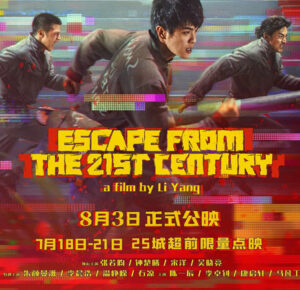
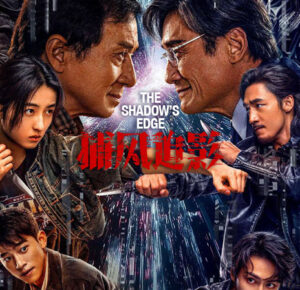
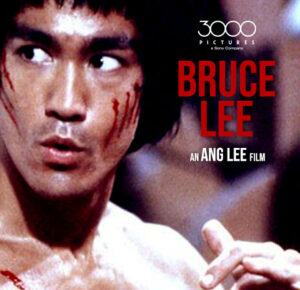

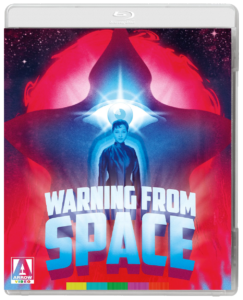


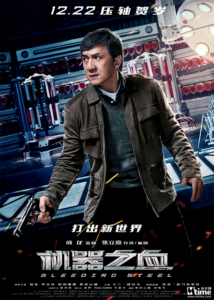
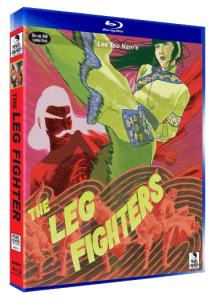

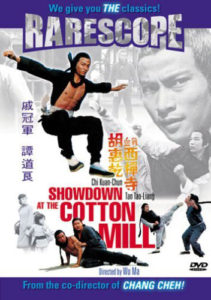




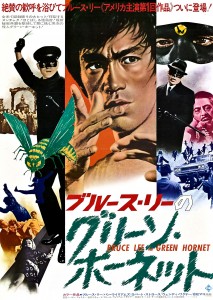
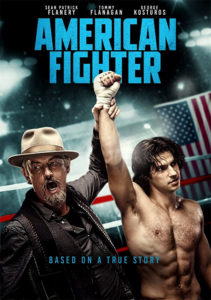
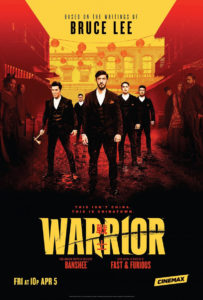



Be the 1st to Comment